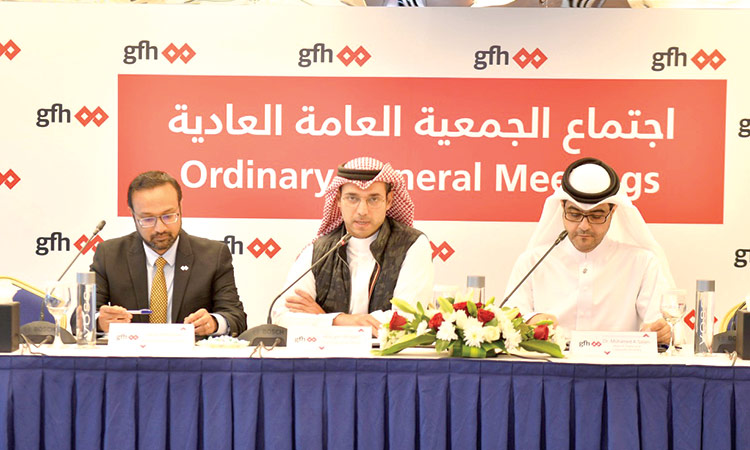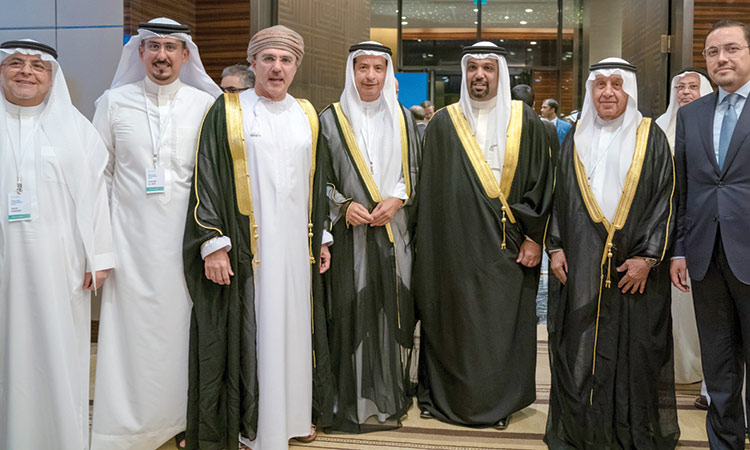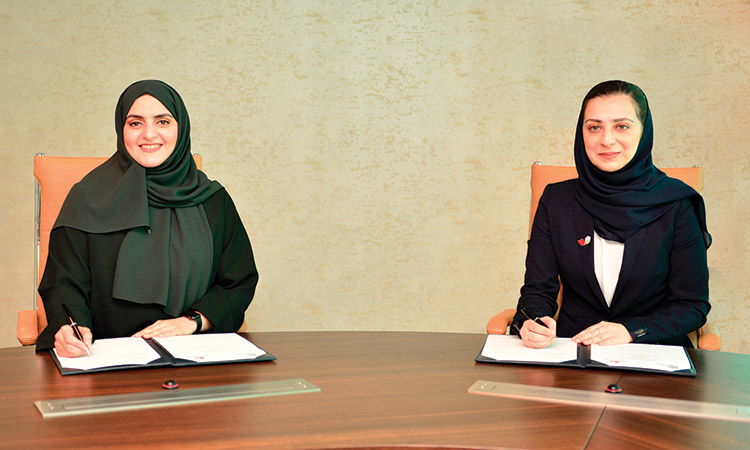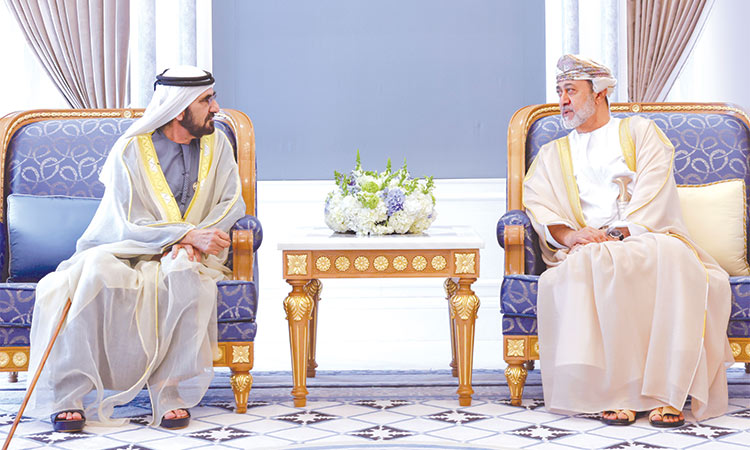Bahrain is seeing rapid expansion of its electrical infrastructure
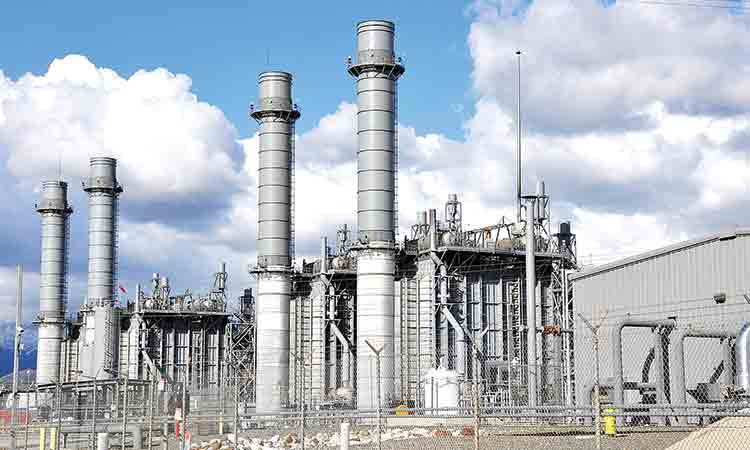
Bahrain has an available electricity capacity of nearly 3,921 MW.
Centrifugal compressors are vital assets in gas-based applications, delivering proven reliability. However, while requiring less maintenance than other compressor formats, their performance characteristics are more easily affected by changes in gas conditions, so tight control must be maintained, to help ensure optimum operation.
The primary requirements in this project were for a control solution that would deliver high reactivity, integration and reliability. It also needed to manage a diverse range of communication protocols and provide interconnection with a higher-level DCS.
For this task, the power plant selected SEID srl, an Italian Control System Integrator that specialises in the supply of control systems and electrical equipment for production lines or complex processes. Founded in the 1980s, SEID serves customers all over the world from its headquarters in Bergamo. Originally specialising in industrial electrical engineering and installation, SEID evolved – gaining experience in the design, engineering, production and supply of services in the field of industrial automation processes. This evolution means that the company now operates at a global level, collaborating in the realisation of large-scale international projects.
Its focus on process control and its recognised ability to provide added value, were the basis for the company being selected to supply the integrated control system for this new power plant in Bahrain, with the interoperability, flexibility and scalability of the PlantPAx] distributed control system from Rockwell Automation, being the obvious candidate for the control architecture.
In addition to the physical dimensions – which were already a challenge – there were other elements that represented critical aspects in the development the project. A single control platform was required that would have to interoperate with different types of signals and communication protocols, while also interconnecting with a higher-level distributed control system (DCS) through Modbus TCP/IP, using redundant communication on ETH/FO and towards the MCC-LV/MV through PROFIBUS.
Thanks to the high performance it offers, SEID chose the PlantPAx distributed control system from Rockwell Automation. This delivers robust communication with the rest of the system and has minimum impact on system performance, which has to be high and aligned with the control logic of the compressors. The four three-phase centrifugal gas compressors, with a 30 Kg/s capacity, feed three gas turbines, which, combined with three cycle steam turbines, supply total power of 1.8 GW. Each compressor is powered by a 6.5 MW at 11,500 V electric motor.
The four compressors are automated using high-level process controllers, in redundant configuration. These are used to acquire diverse types of signals and manage different communication protocols coming from the compressors, which are fitted with traditional instrumentation (4-20 mA), as well as intelligent instrumentation using HART and Fieldbus Foundation protocols. This system gives the operator a raft of information relative to diagnostics on the field instrumentation, devices, actuators and motors, which helps with implementation of scheduled and extraordinary maintenance.
The system also interconnects with the higher-level DCS through a redundant Modbus TCP/IP connection on an ETH/FO network, towards the plant’s Motor Control Center, low and medium voltage, through redundant PROFIBUS links. These two protocols deliver intensive and continuous exchange of information in real time, allowing high intervention reactivity in case of faults in the pre-set values, helping to deliver higher availability and greater safety.
The performance features of the PlantPAx DCS and solid integration of the programming software, the I/O modules and the various communication protocols, allowed the development of complex software routines, without having any effect on the cycle times. Load control algorithms, controller performance, load sharing and anti-surge controller functions were implemented to help ensure the best control and performance of the centrifugal compressors. To deliver immediate availability of information about the condition of the machines, HMIs permit operators to react intuitively and rapidly in case of emergencies. The PlantPAx system is built according to a standard and its multi-disciplinary architecture helps to deliver the fundamental requirements of the project – high reactivity, better integration and enhanced reliability.
The availability of different types of data from a single control system provides the customer with real-time information, which, in turn, improves diagnostics, efficiency and maintenance, not only of the four compressors but throughout the entire power plant.
Agencies
